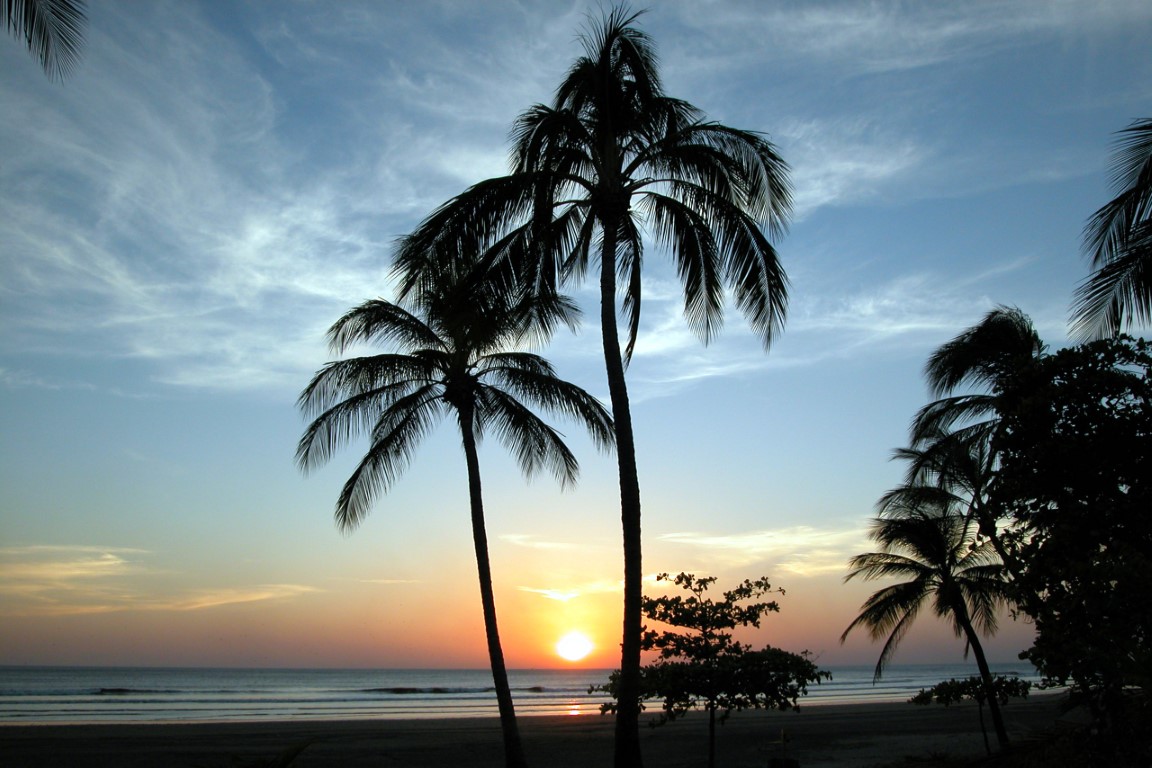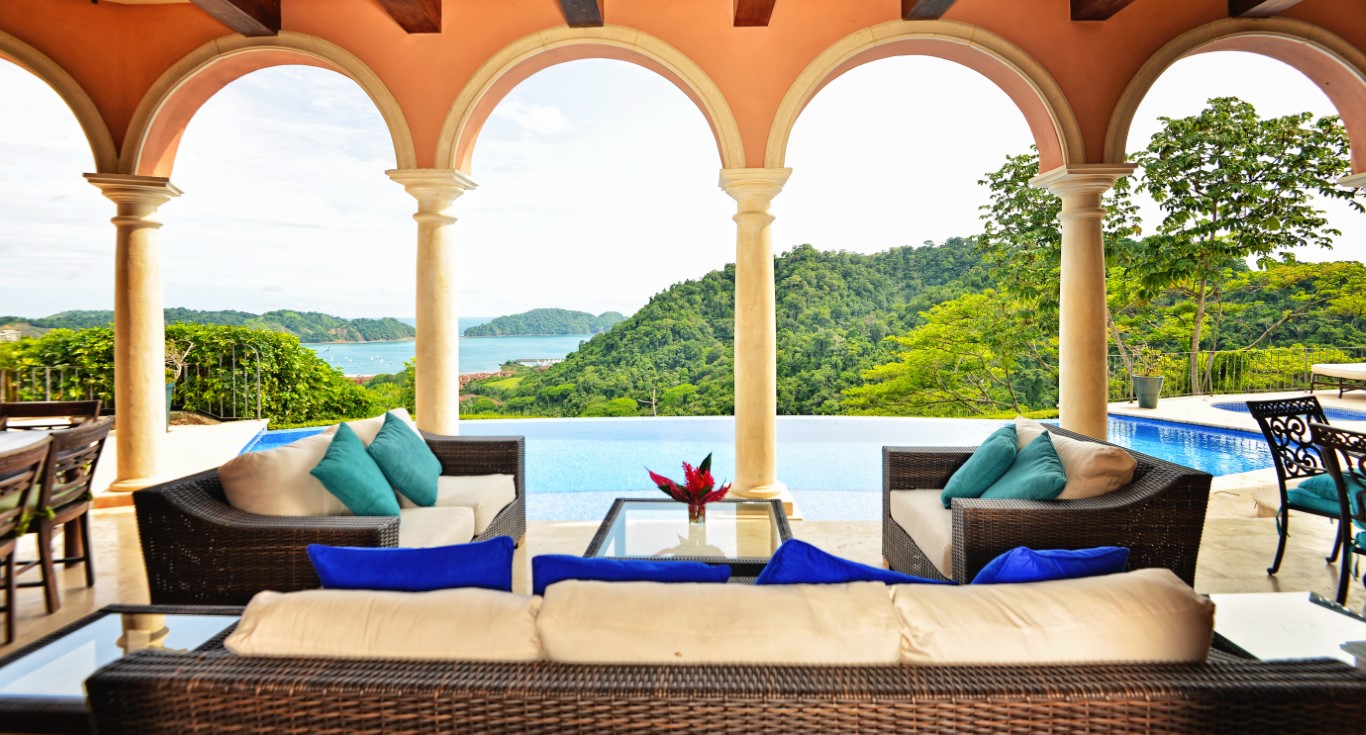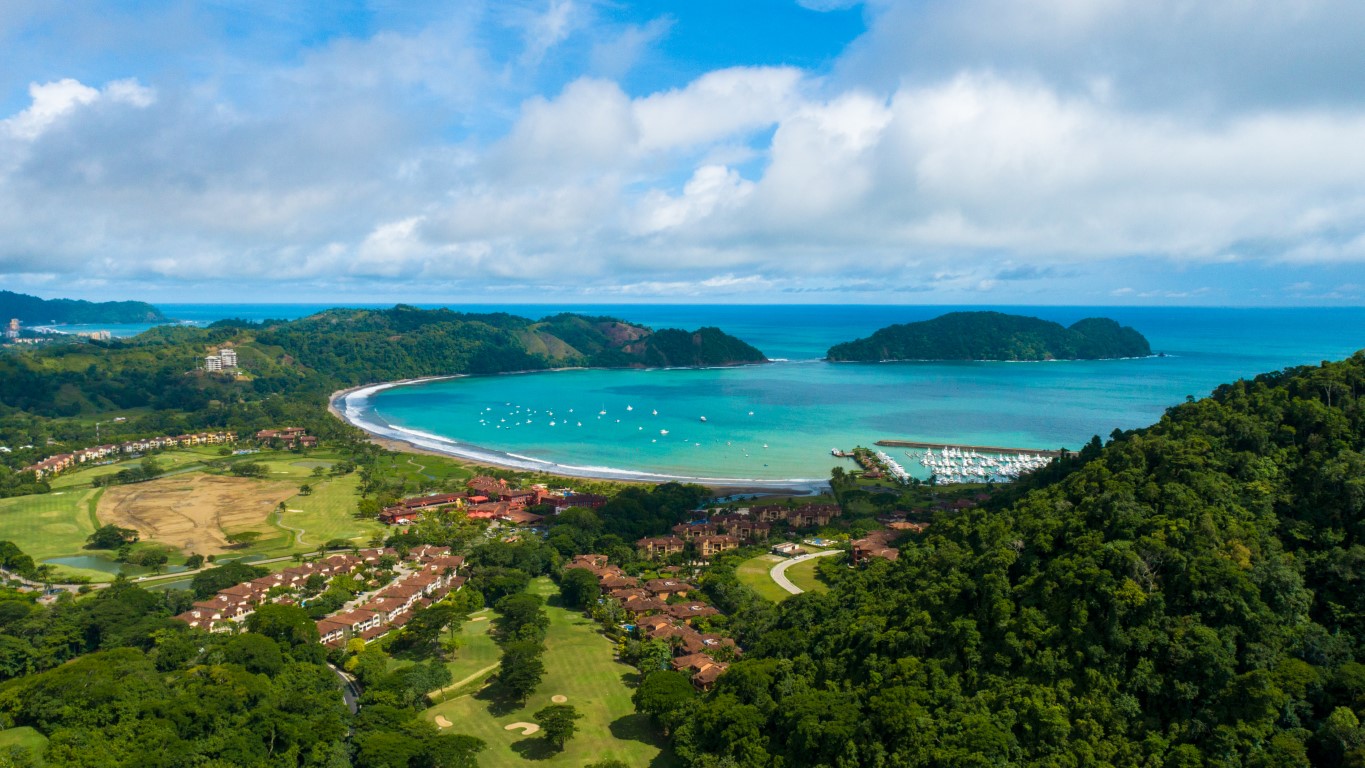For years Costa Rica has been a popular destination for expats from the USA and beyond who are looking to relocate, buy a second home, or even an investment property. It’s easy to understand why, considering the affordable healthcare, strong expat communities, year-round temperate climate, and general safety within the country. Not only is it a great place to live, but it's also a fantastic place to vacation.
While buying real estate is a fairly transparent process, Costa Rica real estate is heating up again so it’s helpful to understand the ins and outs of the buying process.
Below is our guide to help outline some of the most important steps to help with due diligence when buying your own slice of paradise in the land of Pura Vida!
Can Foreigners Buy & Own Property in Costa Rica?
The good news is, yes!
The great part about Costa Rica is that foreigners and locals have the same ownership rights when it comes to buying property. Americans — and foreigners from all over the world for that matter — can buy property on a tourist visa without ever needing to apply for residency or citizenship.
Most properties have a fee simple title, exactly as you find it in most of the U.S. and Canada.
7 Important Things to Know When Buying Property in Costa Rica
1. Using a Real Estate Agent is Key
Unlike the United States, there is no MLS database In Costa Rica. With HRG Hardy Real Estate Group you will be in the good hands of a professional real estate agent who will explain the market and help you find the perfect real estate investment for your specific needs.
It's also always a good idea to treat yourself to a Costa Rican vacation so you can explore the real estate market with your boots on the ground. Book a stay at Los Sueños Resort to get a true sense of what owning here could look like.
2. You Should Hire a Real Estate Attorney
Citizens, residents and non-residents alike should hire an attorney for their real estate transactions. If you don’t speak fluent Spanish, it’s recommended that you hire a reputable bilingual real estate attorney who is also a Costa Rican public notary, so you are well represented. Only a public notary can record a purchase in the National Registry which is one of the most important final steps in the property purchase process.
3. The Purchase Process in Costa Rica Is Slightly Unique
There are only some slight differences between real estate purchases in Costa Rica versus the US/Canada that you'll want to be aware of in the relocation process.
Similar to the US and Canada, once you have decided on a property that you would like to purchase, have your agent draw up a written offer and send it to the seller. After negotiations have been finalized and the final purchase price has been agreed upon, your real estate attorney will write up a formal purchase-sale agreement. Once everyone signs on the dotted line, then comes time for the deposit. Deposits in Costa Rica are typically around 10% of the sale price, unless agreed upon otherwise.
It’s important to note, the purchase sale agreement will not be legal until the deposit arrives in escrow. To prepare for escrow, your realtor will advise which documents will be required. This will include a copy of your passport and a bank verification letter for the bank account you are using for the transaction.
Closing usually falls 30-60 days from the date of signing the purchase-sale agreement. It’s helpful to make sure you wire or transfer the money well in advance of your closing date, as international wires sometimes have a holding period.
4. Typically the Buyer Pays Closing Costs & the Seller Pays the Listing Agent
Closing costs including legal fees and notary fees are negotiable between buyer and seller but are typically paid by the buyer since the buyer picks the attorney who would also be the public notary to close the transaction and register the change of ownership in the public registry or properties. Closing costs are estimated at 3.6% of the total sales price, depending on the value.
When it comes to commission, the seller is responsible to pay the listing agent. As the buyer, you will not have to pay the seller's agent commission unless you hire a buyer’s agent. In most cases, the buyer’s agent will split the commission with the listing agent.
5. You Must Register Your Property in Your Name or as a Corportation
As mentioned above, the last step in the purchase process is to register your property either in your name or as a corporation. Similar to an LLC in North America, many people buy property in Costa Rica through a Sociedad Anónima (SA) or Sociedad Limitada (SRL) corporation. Buying property through a corporation can actually simplify the purchase process. Ask your attorney for advice on what is the best option for you.
6. The Property Transfer Tax, Property Tax & Luxury Tax Are Low Compared to Other Countries
The first tax you will pay is the property transfer tax which is 1.5% of the purchase price. The property tax rate in Costa Rica is minimal compared to other countries, coming in at a mere 0.25% of the property’s value and paid yearly.
In addition to property taxes, Costa Rica charges an additional tax for homes valued over $214,000, called Luxury Tax. Luxury homes are subject to a sliding scale luxury tax, but it is capped at an estimated 0.55%.
7. Not All Land Can Be Titled
Something to be aware of when purchasing property in Costa Rica is any property located within the first 50 meters of the high tide line is considered public land. This means it is protected and cannot be titled.
The next 150 meters up from this zone is called the Maritime Zone or Concession Land. While foreigners can readily buy property in Costa Rica, a non-citizen can only own up to 49% of Maritime Zone land. Have your real estate attorney do a title search to be sure there is a clear title for any prospective property you are interested in.
There are exceptions to this rule of concession property. About 5% of Costa Rica’s beaches actually have titled land up to the 50 meter line. Jaco Beach and Los Suenos Beach front are two places in the country where property is titled up to that 50 meter line.
It’s an incredibly unique situation to find property that has a title so close to the beach.
Buying Costa Rican Property with HRG in Los Sueños Resort & Marina
Photo Credit: Shutterstock.com/Jorge A. Russell
Ready to make your dreams of Pura Vida a reality? Our seasoned expert team is here to help! Bringing a wealth of knowledge and professionalism to the table we can help guide you through the entire process to help make buying your new property in this paradise a breeze!



